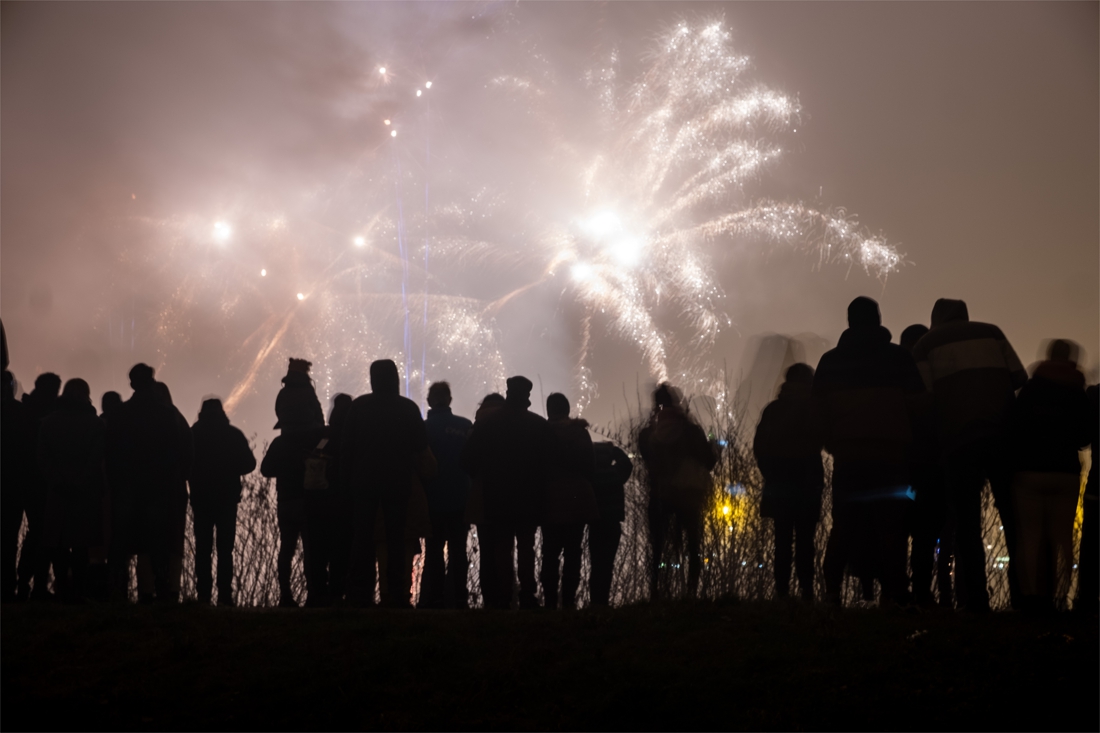–
—
Has the city of Leinfelden-Echterdingen interfered with religious freedom? According to Michael Quaas, lawyer and specialist in constitutional law, this question has not just been in the room since the second hearing before the Stuttgart district court.
–
Leinfelden-Echterdingen – The past two years have been an “extreme show of strength”, says Muhammet Güçlü. Craft companies with which the Muslim association had already concluded contracts are in observer mode, explains the chairman of the Association for Culture, Education and Integration (VKBI) a few days after representatives of the city of Leinfelden-Echterdingen and the VKBI met for the second time about the mosque Disputes before the Stuttgart district court.
Since the city declared that it wanted to get back the building site for the mosque and the dispute took place before the court, “everything has become much more difficult,” says Güçlü. Financial supporters of the construction project were reluctant. “We are an association, we live on donations,” he makes clear.
Again and again the VKBI is accused of wanting to buy time. The fact that attorney Michael Quaas insisted on basic rights in the most recent trial at the regional court was “a new perspective for him,” says Güçlü. However, this approach is certainly not intended to delay the matter any further.
Fundamental rights issue was obvious from the start
For Michael Quaas, a specialist in constitutional law, the fundamental rights issue was clear from the start. Together with his son Moritz Quaas and other lawyers, he runs the Stuttgart office of Quaas and Partners. This office jointly represents the VKBI, he explains. But because he knows the basic rights best, he and no longer his son spoke in court for the Muslims in the second hearing.
Anyone who has been following the dispute over the construction of the mosque in Oberaichen for a long time knows that the municipality is concerned with preventing the second construction phase – i.e. the controversial student dormitory. Politics is one thing, says attorney Michael Quaas. From a legal point of view, the city has already encroached on religious freedom by exercising its right to revert. Although this option was agreed years ago in a contract between the municipality and the VKBI. The 17th civil chamber of the Stuttgart regional court must now examine whether this interference is also justified.
During the negotiation, Quaas had stated that no municipality in Germany could oblige a parish to build a house of worship within four years and also attach the right to this, if the construction is not finished in time, this building shortly before completion at the expense to tear down the parish again. If the dispute had been carried out before the administrative court, as his son Moritz Quaas had requested ten months ago, Michael Quaas would have put forward the same arguments there. Before this judgment he could have developed this line even more. The higher regional court ruled that the Stuttgart regional court remains responsible. “Now we just have to sue for fundamental rights in front of the civil chamber,” says the lawyer.
City should justify interference in religious freedom
The judges gave the municipality the opportunity until December 8th to “justify the interference with religious freedom,” Michael Quaas told our newspaper. And says: “I am very excited about these reasons.” He assumes that the Chamber “will affirm the encroachment on fundamental rights and deny the justification”. The presiding judge Bernd Rzymann had said at the end of the second hearing that the court did not yet fully know what was actually decisive for the city to reclaim the property from the Muslim association.
Perhaps, according to Quaas, regardless of all fundamental rights issues, a civil law issue will also play the leading role in the court’s decision. Because the contract that the city and the VKBI had once concluded to regulate the mosque construction project consists of three parts: the heritable building right, with which the city establishes the right of reversion, the purchase right and the right of repurchase. If the municipality, according to Quaas, grants the VKBI the right to buy the mosque building site, and the association then takes advantage of this option, it can derive the right to cancel the heritable building right and the right to repudiate.
Explanation: The association wanted to buy the Oberaichen property, which had initially been leased to it by the city, shortly before the municipality wanted to get the property back from the association. The Muslims paid the purchase price of 883,400 euros, which is not a small sum since then in a special account in the city.
Meanwhile, the Muslims still regard the first and second construction phases as a construction project that they want to continue to implement. Because: “Where should the administration be housed? Where should meetings take place? Where should the imam reside? ”Asks Güçlü. Just like Mayor Roland Klenk, the VKBI chairman also sees himself as being in the law, he too trusts the judiciary. “I am hopeful,” he says.
– .

